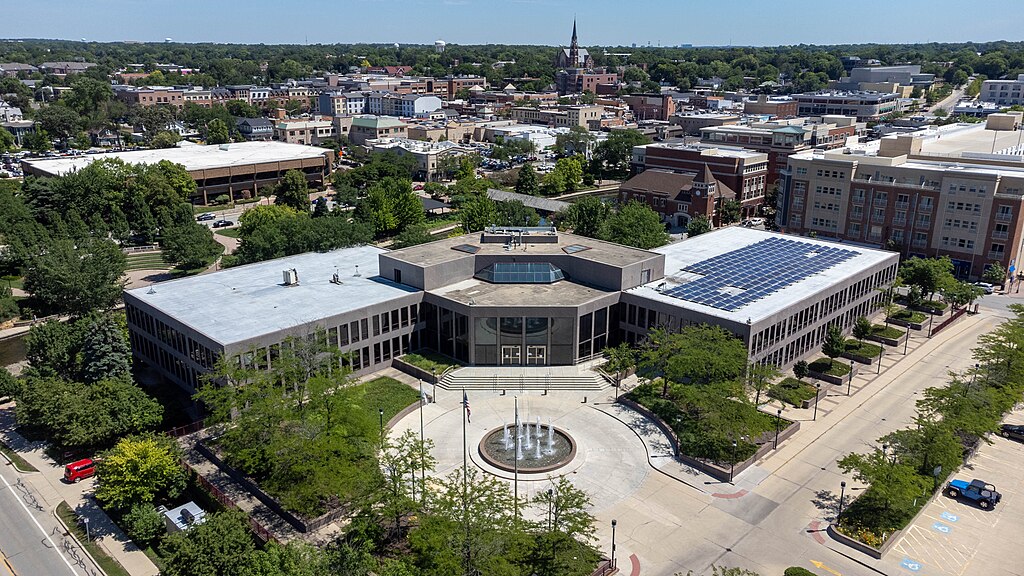New police alarms spike debate about school security
October 26, 2018
The BluePoint Alert system, a mechanism that immediately alerts police of an emergency with the push of a button, was recently installed in 20 Illinois schools.
It is meant to offer a layer of protection for students who may not have close or convenient help like an on-campus officer such as James Tanksley, Naperville Central’s school resource officer.
Tanksley sees the merit in installing such a system in some schools but feels that this is not the most effective way to keep the school environment safe and secure. He also brought up that these systems are often costly.
“I guess with our current situation on gun control it will be beneficial but I don’t know if it is worth the money,” senior Lucy Schmid said.
Students or staff may end up at risk for greater harm while attempting to reach a designated alarm
Since most people have mobile phones, they are able run to safety while still being able to constantly update the police and answer their questions, Tanksley said. The button systems don’t allow this same type of freedom.
Schmid agrees with Tanksley’s perspective regarding the practicality of using a cell phone in emergency situations.
“We can just call the police,” Schmid said. “Almost every student and teacher here has a cell phone. Why waste time running to an alarm down the hall?”
Tanksley suggests that Central make itself a harder target by doing a better job of administration knowing who is in the building at all times and to report anyone acting suspiciously.
“We should be more conscious of security,” Tanksley said. “That’s more important than buttons when doors aren’t locked.”
There are multiple ways that Tanksley believes school security could be improved, many strategies of which have also been implemented recently.
“We should have name tags on all people unless they are students,” Tanksley said. “Visiting teachers should wear their school’s [ID].”
Schmid has also seen an issue with people being let in from school doors and a lack of security.
“We need to be stricter with the front doors because if someone knocks they almost always get let in,” Schmid said. “Doors around the school are often open or easy to enter and this could be dangerous in the long run.”
Central has enforced more strict safety suggestions, and it seems that has been successful.
“This year we’ve done a lot better [with security],” Tanksley said.








